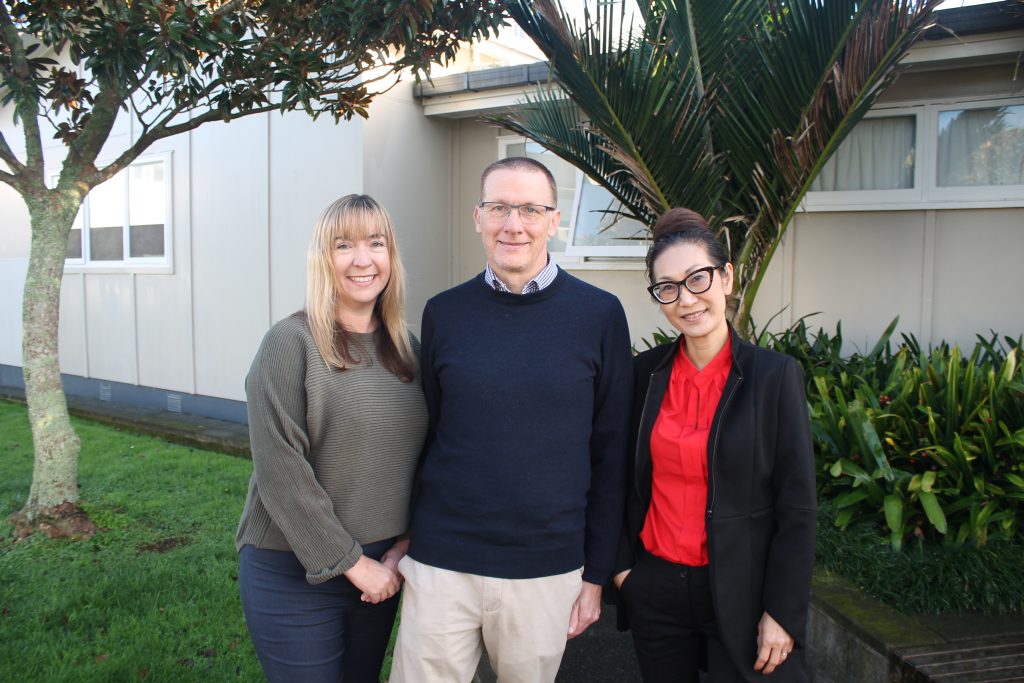Nurturing Respectful Relationships
In today’s rapidly evolving world, where our children are constantly exposed to diverse perspectives and influences, it becomes increasingly vital for us, as parents and caregivers, to play a pivotal role in teaching them about respectful relationships. Building a foundation of respect and empathy in our children’s lives is not only a moral duty but also an investment in their future well-being. In this article, we will explore the importance of respectful relationships and how we can contribute to their development.
Respectful relationships are at the heart of healthy personal and social development. They form the basis of how young people will interact with the world around them, shaping their friendships, family dynamics, and future romantic relationships. Teaching our children to respect themselves and others sets them on a path towards happiness, success, and meaningful connections. Emphasise the importance of respecting differences, whether in culture, religion, gender, or race and teach your children that diversity enriches our lives.
Adolescents who experience respectful relationships are more likely to develop positive self-esteem and a strong sense of self-worth. They learn that their thoughts and feelings matter, fostering emotional resilience.
Respectful relationships teach children how to manage conflicts constructively. They learn to communicate effectively, empathise with others’ perspectives, and work towards compromise instead of resorting to aggression or avoidance. Encourage problem-solving and negotiation skills in your children. When conflicts arise, guide them towards finding solutions and understanding different viewpoints.
By respecting others, young people develop empathy and compassion. These qualities are essential for understanding the diverse world in which we live and for building bridges of understanding and unity. Engage your children in discussions about empathy and compassion. Help them understand the feelings of others and practice kindness in everyday interactions. Discuss media portrayals of relationships and encourage young people to notice and critically analyse unhealthy dynamics that are often shown in movies, TV shows, and social media.
Understanding and respecting personal boundaries is a crucial aspect of respectful relationships. Teaching our children about boundaries empowers them to set their own and respect those of others. Teach your children about personal boundaries and consent from a young age. Explain that they have the right to say “no” when they feel uncomfortable, and they must respect others’ boundaries too.
Young people learn by example. Through demonstrating respectful behaviour in our own relationships, whether with our partners, friends, or colleagues. Your actions speak louder than words. Encourage open and honest communication with your children. Listen actively, validate their feelings, and teach them how to express themselves respectfully in word and action.
Fostering respectful relationships is a lifelong journey, and as parents and caregivers, our influence is profound. By teaching our children to value respect, empathy, and healthy communication, we equip them with the tools they need to navigate the complexities of our interconnected world and so contribute to a more inclusive, empathetic, and harmonious society.
To hear more, Dr Michael Carr-Gregg talks on healthy relationships in a recent SchoolTV report. To access the report click here.
Jay Smith, Head of Guidance




